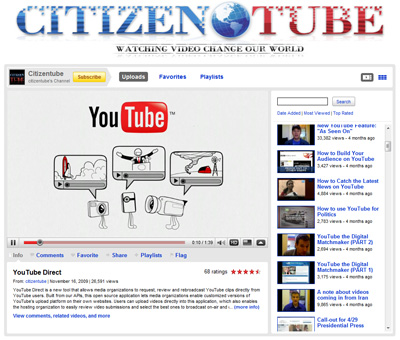Sometimes not for profits ask what is the single best thing they can do to improve their PR.
Actually there are three key behaviours that can boost your PR performance right now irrespective of what sector you operate in.
The first is come up with a plan and know where you want to be in the hearts and minds of your audience in the future. Childishly simple? Yes. But how many people actually have a framework to guide their future communications actions? Regrettably not many. If I asked you to
go get your plan right now, could you do it?
go get your plan right now, could you do it?
The second thing is likewise elementary: just get started. Perhaps the
biggest single barrier to successful communications is organizational
inertia. As the Nike logo says "just do it". Don't overthink the
issue, get started, learn, grow and improve along the way.
biggest single barrier to successful communications is organizational
inertia. As the Nike logo says "just do it". Don't overthink the
issue, get started, learn, grow and improve along the way.
The third element is start early and act often. Just when you are weary with what you are doing and what to change, the folks "out there" are probably just starting to get it.
Everything in marketing and PR will take longer than you think because you are dealing with people, their attitudes and behaviour. People are complex so why would anyone think that communicating with them should be simple.
Certainly there is nothing glamourous in these thoughts but most often our mental attitude puts the brakes on our PR.


